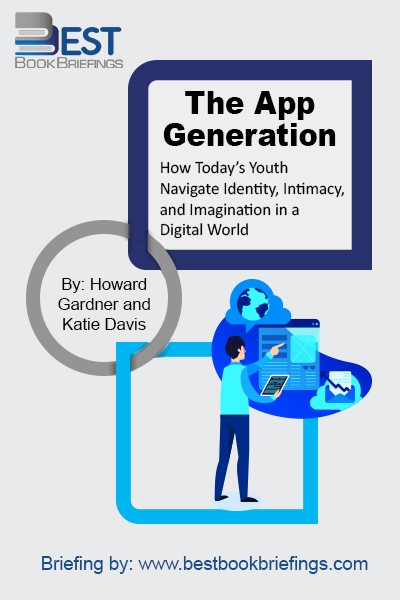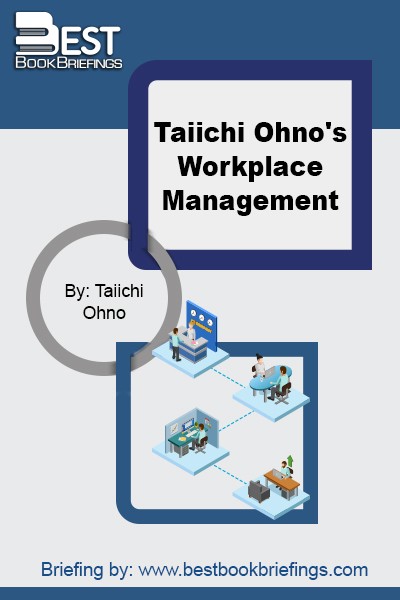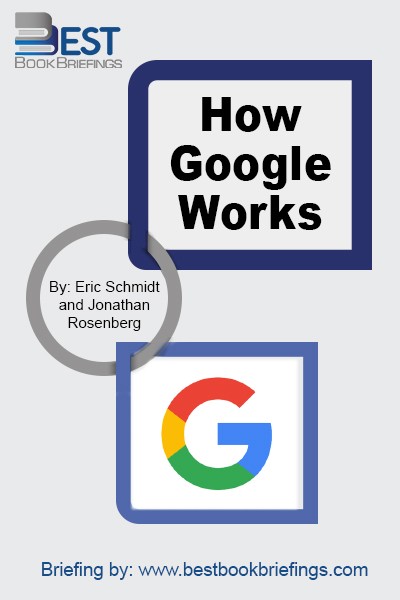Measure What Matters
How Google, Bono, and the Gates Foundation Rock the World with OKRs
Editorial Review
In Measure What Matters, Doerr shares a broad range of first-person, behind-the-scenes case studies, with narrators including Bono and Bill Gates, to demonstrate the focus, agility, and explosive growth that OKRs have spurred at so many great organizations. This book will help a new generation of leaders capture the same magic.
Book Reviews
Books on Related Topics

Young people growing up in our time are not only immersed in apps: they’ve come to think of the world as an ensemble of apps, to see their lives as a string of ordered apps, or perhaps, in many cases, a single, extended, cradle-to-grave app. (We’ve labeled this overarching app a

Many people today are seeking to build their own winning gemba (workplace) management system, just like the one built by Taiichi Ohno at Toyota. The study and application of Kaizen (continuous improvement) and Toyota Production System has become increasingly a part of how hospitals, governments, universities, banks, mining operations, and retailers

In an era when everything is speeding up, the best way for businesses to succeed is to attract smart-creative people and give them an environment where they can thrive at scale. HOW GOOGLE WORKS is a book that explains how to do just that.



